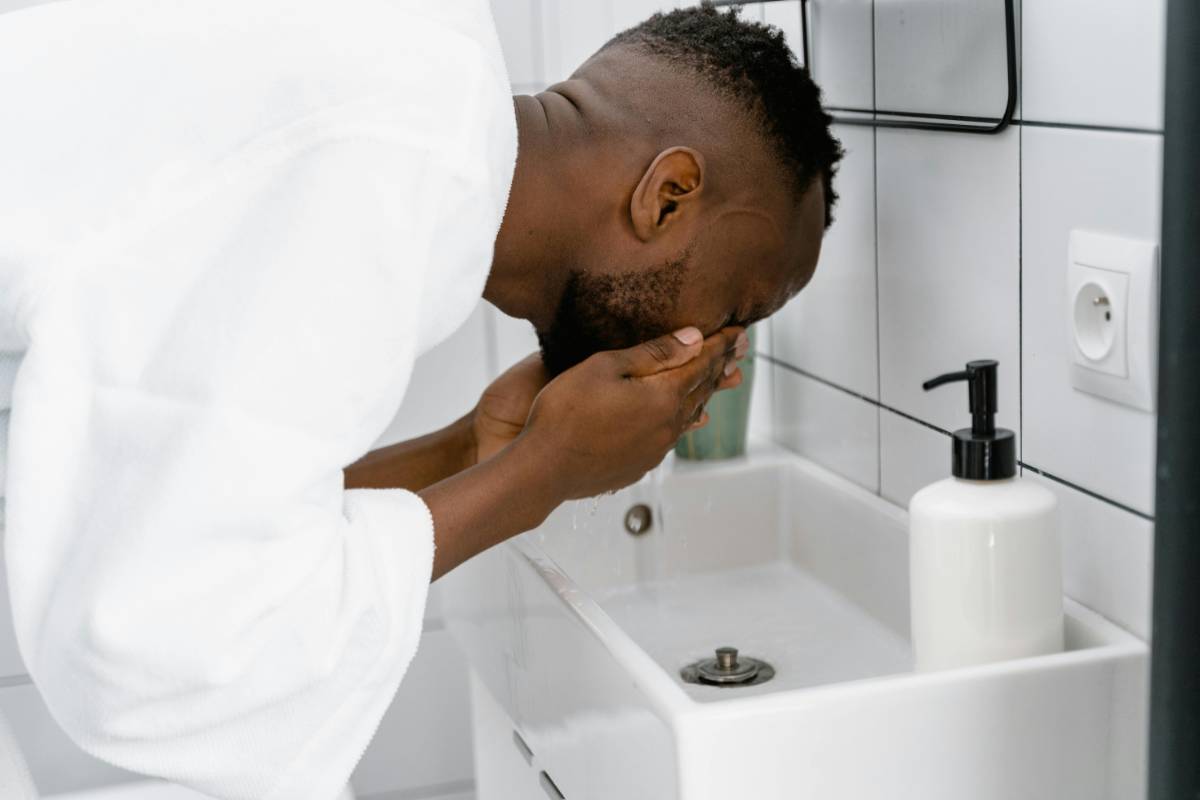The Power of Mindfulness and Meditation in Self-Care

By Anita Singh | 01 Apr 2025 | 4 min read

Mindfulness and meditation are powerful tools for enhancing self-care. By incorporating these practices into daily life, you can improve mental clarity, reduce stress, and cultivate a sense of inner peace. Here’s how mindfulness and meditation contribute to overall well-being.
Understanding Mindfulness and Meditation
Mindfulness is the practice of being present in the moment, fully engaged with your thoughts and surroundings. Meditation is a focused practice that helps train the mind to enhance awareness and emotional balance.
Both practices encourage self-awareness, helping individuals manage stress and emotions more effectively.
Benefits of Mindfulness in Self-Care
Mindfulness promotes emotional regulation, reduces anxiety, and enhances concentration. It allows individuals to engage with daily tasks more fully while fostering a sense of gratitude and positivity.
Practicing mindfulness regularly can lead to improved sleep, better decision-making, and increased overall happiness.

Meditation Techniques for Self-Care
There are various meditation techniques suited for different needs, including guided meditation, breathing exercises, and body scans. Even dedicating five to ten minutes daily can provide noticeable benefits.
Using apps like Headspace or Calm can help beginners establish a consistent meditation practice.
Integrating Mindfulness into Daily Life
Mindfulness doesn’t require long hours of practice. Simple acts like mindful eating, deep breathing, and taking mindful breaks can significantly impact well-being.
Engaging in mindful activities such as journaling, yoga, or nature walks can enhance self-awareness and relaxation.
Conclusion
Mindfulness and meditation are essential components of self-care. By making these practices a part of daily life, individuals can experience reduced stress, improved focus, and a greater sense of balance, ultimately leading to a healthier and more fulfilling life.






